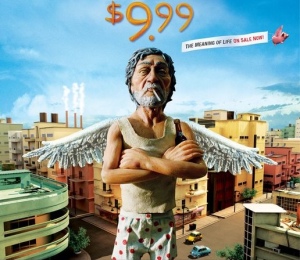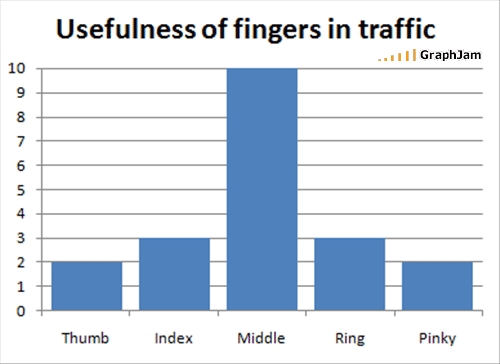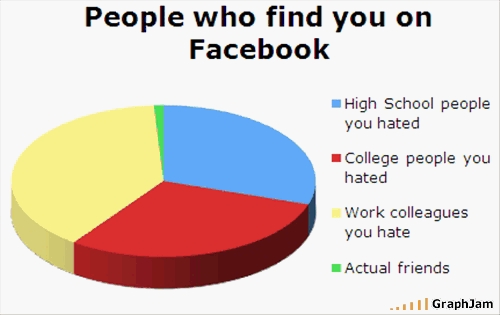Many times in our regular conversation we use phrases. In grammar, a phrase is a group of words functioning as a single unit in the syntax of a sentence.
Lets take a look at few of the phrases, their meanings and the origin of the phrase.
1. A knight in shining Armour

A knight in shining Armour
A person, usually a man, who comes to the aid of another, usually a woman, in a gallant and courteous manner.
Origin
The reality behind that imagery is dubious and no doubt owes much to the work of those Victorian novelists and painters who were captivated by the chivalrous ideal of an imagined court of Camelot. Nevertheless, knights did wear Armour, and that worn by royalty and the high nobility was highly polished and did in fact gleam and shine.
2. All at sea
Meaning
In a state of confusion and disorder.
Origin
This is an extension of the nautical phrase ‘at sea’. It dates from the days of sail when accurate navigational aids weren’t available. Any ship that was out of sight of land was in an uncertain position and in danger of becoming lost.
3. All that glitters is not gold

All That Glitters is Not Gold
A showy article may not necessarily be valuable.
Origin
The original form of this phrase was ‘all that glisters is not gold’. The ‘glitters’ version of the phrase long ago superseded the original and is now almost universally used.
4. Not for all the tea in China
Meaning
Not at any price.
Origin
This phrase originated around the late 19th/early 20th centuries and derives from the fact that China was well-known to produce tea in huge quantities. That’s still the case and China now accounts for around a quarter of the world’s production of tea. So, to decline the offer to do something ‘for all the tea in China’ is to be determined not to do it, whatever inducement is offered.
5. Baker’s dozen
Meaning
Thirteen or, more rarely, fourteen.

Bakers Dozen
Origin
It’s widely believed that this phrase originated from the practice of medieval English bakers giving an extra loaf when selling a dozen in order to avoid being penalized for selling short weight. This is an attractive story and, unlike many that inhabit the folk memory, it appears to be substantially true. We can say a little more to flesh out that derivation though.
The practice appears to have originated several centuries before the phrase. England has a long history of regulation of trade and bakers were regulated by a trade guild called The Worshipful Company of Bakers, which dates back to at least the reign of Henry II (1154-89). The law that caused bakers to be so wary was the Assize of Bread and Ale. In 1266, Henry III revived an ancient statute that regulated the price of bread according to the price of wheat. Bakers or brewers who gave short measure could be fined, pilloried or flogged.
6. Cold shoulder
Meaning
A display of coldness or indifference, intended to wound.
Origin
The origin of this expression which is often repeated is that visitors to a house who were welcome were given a hot meal but those who weren’t were offered only ‘ cold shoulder of mutton’.
7. Fools’ gold
Meaning
The name given to iron pyrites, which looks a little like gold but is worthless.
Origin
Martin Frobisher returned to England from a voyage to find the North West Passage in 1576 with a cargo of this supposed ‘gold mineral’.
The term has come to denote any apparent treasure trove that turns out to be worthless.
8. Double cross
Meaning
An act of treachery, perpetrated on a previous partner in a deceit.
Origin
The term ‘double-cross’ has been used in various contexts for many centuries, usually as a straightforward reference to the shape of two crosses, as in the architectural design of cathedrals for example. That meaning is unrelated to the current figurative ‘cheating’ usage of ‘double cross’, which dates only from the late 18th century.
To find the origin of the expression ‘double cross’ as it is now used, we need to look first at one of the many meanings of the noun ‘cross’. From the mid 1700s, a ‘cross’ was a transaction that wasn’t ‘square’, i.e. not honest and fair. You might expect that a ‘double cross’ was a deceit in which two parties colluded in a swindle and one of them later goes back on the arrangement, crossing both the original punters and his erstwhile partner in crime. T
9. Hasta la vista
Meaning

Terminator
Translated from the Spanish – ‘see you later’.
Origin
This phrase has of course been in everyday use in Spanish-speaking countries for some time.
‘Hasta la vista, baby’ came to the wider attention of the English-speaking world via the 1991 film Terminator 2: Judgment Day, which was written by James Cameron and William Wisher Jr.
10. Necessity is the mother of invention
Meaning
Difficult situations inspire ingenious solutions.
Origin
The author of this proverbial saying isn’t known. It is sometimes ascribed to Plato, although no version of it can be found in his works. It was known in England, although at that point in Latin rather than English, by the 16th century.
11. The pen is mightier than the sword
Meaning
Literal meaning.
Origin
‘The pen is mightier than the sword’ was coined by Edward Bulwer-Lytton in for his play Richelieu; Or the Conspiracy, 1839:
12. Read between the lines
Meaning
Discern a meaning which isn’t made obvious or explicit.
Origin
This expression derives from a simple form of cryptography, in which a hidden meaning was conveyed by secreting it between lines of text. It originated in the mid 19th century and soon became used to refer to the deciphering of any coded or unclear form of communication, whether written or not. For example, one might say “She said she was happy to go to the party but didn’t seem concerned when it was canceled. Reading between the lines, I don’t think she wanted to go in the first place”.
13. Every cloud has a silver lining
Meaning
Every bad situation has some good aspect to it. This proverb is usually said as an encouragement to a person who is overcome by some difficulty and is unable to see any positive way forward.
Origin
John Milton coined the phrase ‘silver lining’ in Comus: A Mask Presented at Ludlow Castle, 1634.
Feel free to add to this.



















